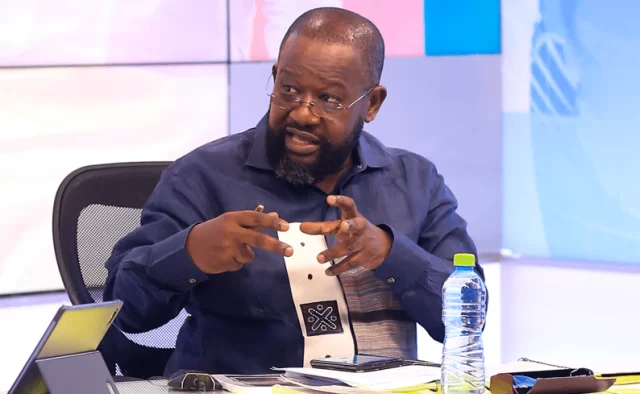Ghanaian governance expert Kwame Jantuah has lauded President Mahama’s recently unveiled 120-day action plan as a decisive step toward reform but raised pointed questions about the administration’s capacity to execute it effectively.
Speaking on Asaase Radio’s The Forum, the lawyer and policy analyst stressed that while the strategy’s design shows ambition, its success will depend on the competence of those tasked with its implementation.
Jantuah acknowledged Mahama’s hands-on approach to oversight, noting the president’s reputation for closely monitoring progress and holding officials accountable. “The president has an eagle eye on implementation. If you step out of line, he will make sure you are removed from office,” he stated during the broadcast. However, he argued that rigorous planning alone cannot guarantee results without equally robust execution frameworks and capable personnel.
“For me, it’s not just about planning. It’s about implementation that’s where the real challenge lies,” Jantuah emphasized, highlighting a recurring theme in governance debates. He revealed that the 120-day blueprint emerged from consultations with stakeholders, with Mahama personally driving adherence to the accelerated timeline. “He agreed and came up with a 120-day plan and he has stuck to that plan,” the analyst noted.
The central concern, according to Jantuah, lies in whether appointees leading various initiatives share Mahama’s urgency and understanding of the reform agenda. “The question now is: are the people he has chosen to lead the implementation truly in sync with his vision?” he queried, suggesting potential misalignment between political leadership and bureaucratic execution.
While urging citizens to allow the administration time to demonstrate progress, Jantuah maintained that the compressed four-year electoral cycle leaves little room for course corrections. “He has only four years. Let’s give him the benefit of the doubt. But he must ensure the structures and personnel he’s working with are capable of delivering,” he concluded.
The debate echoes wider discussions in public administration about the “implementation gap” that frequently plagues well-designed policies. Experts note that ambitious timelines often clash with institutional inertia, particularly when political appointees lack technical expertise or when accountability mechanisms prove inadequate. As Ghana faces pressing economic and social challenges, the Mahama administration’s ability to bridge this gap may determine whether short-term actions translate into lasting impacts.
Send your news stories to newsghana101@gmail.com
Follow News Ghana on Google News















